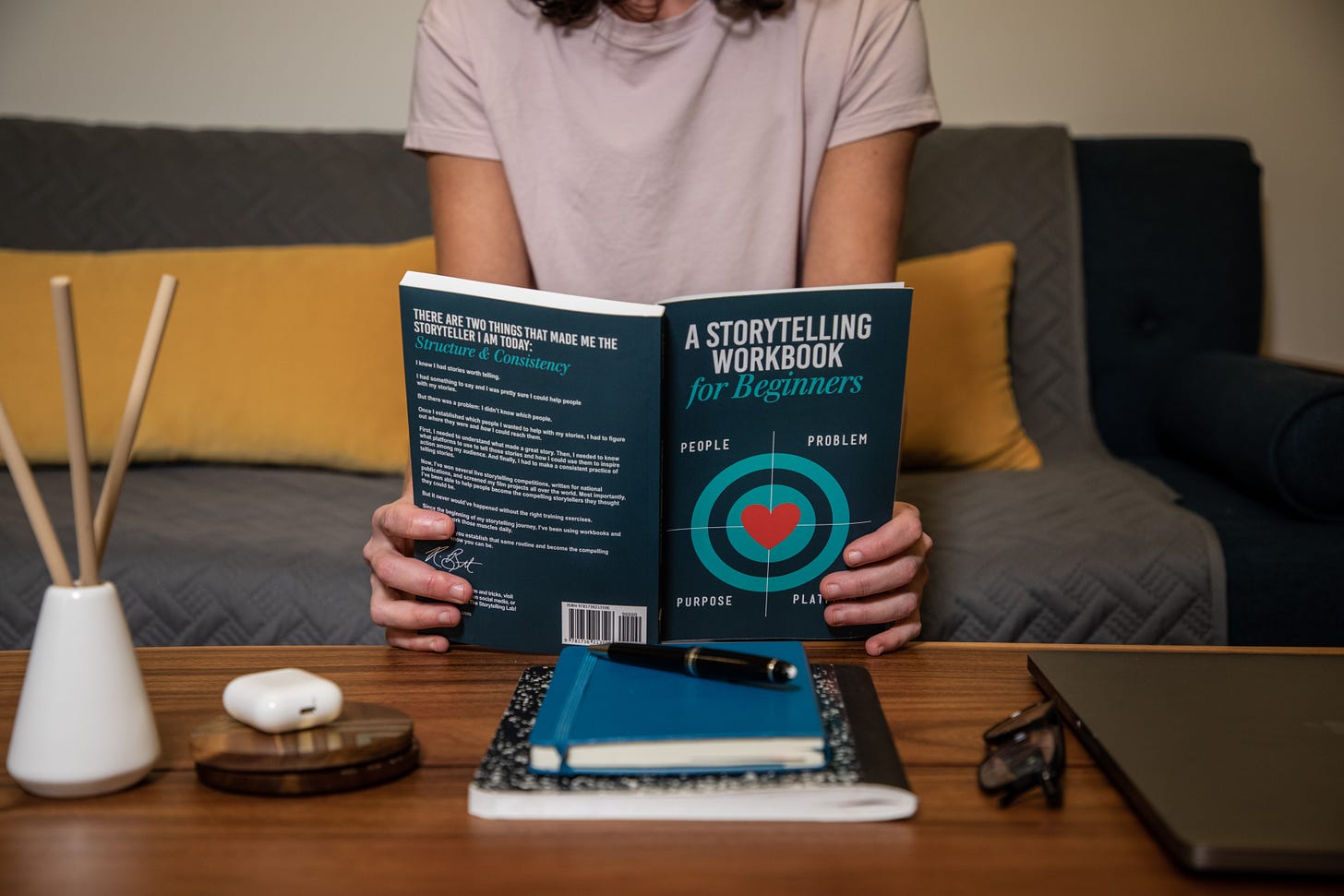
It has been proven that we humans love stories and remember them much better than a series of facts and figures. Stories help us understand the WHY behind something.
There are multiple reasons why stories work so well for our brains. One is that we can see ourselves in the role of the person in the story. When we do that, we’re able to relate to the experience and see that the story is actually relevant for us personally, which makes it stick!
For the purpose of your workshop, you can use a simple formula for storytelling:
Set the stage and the status quo of the current situation and challenge: “This is how our teams usually work…”.
A concrete, real, relatable story that is relevant for your audience, specially backed with some real data: “Most team efforts in our department fail to deliver either on time, output, value or quality. In the las quarter 70% of all corporate initiatives did not manage to deliver all expected results”.
The key point and outcome you are trying to achieve: “That’s why we are running this workshop, to fix this situation.”
Our brains show similar activity and become aligned and real sync with the speaker and with each other when we all hear the same story. Powerful jedi mind trick!
You can use this to your advantage by using a story to prepare your workshop group for what’s about to come. Try showing a real case study, or telling a story of your previous ways of working and how with this workshop will help this time.

